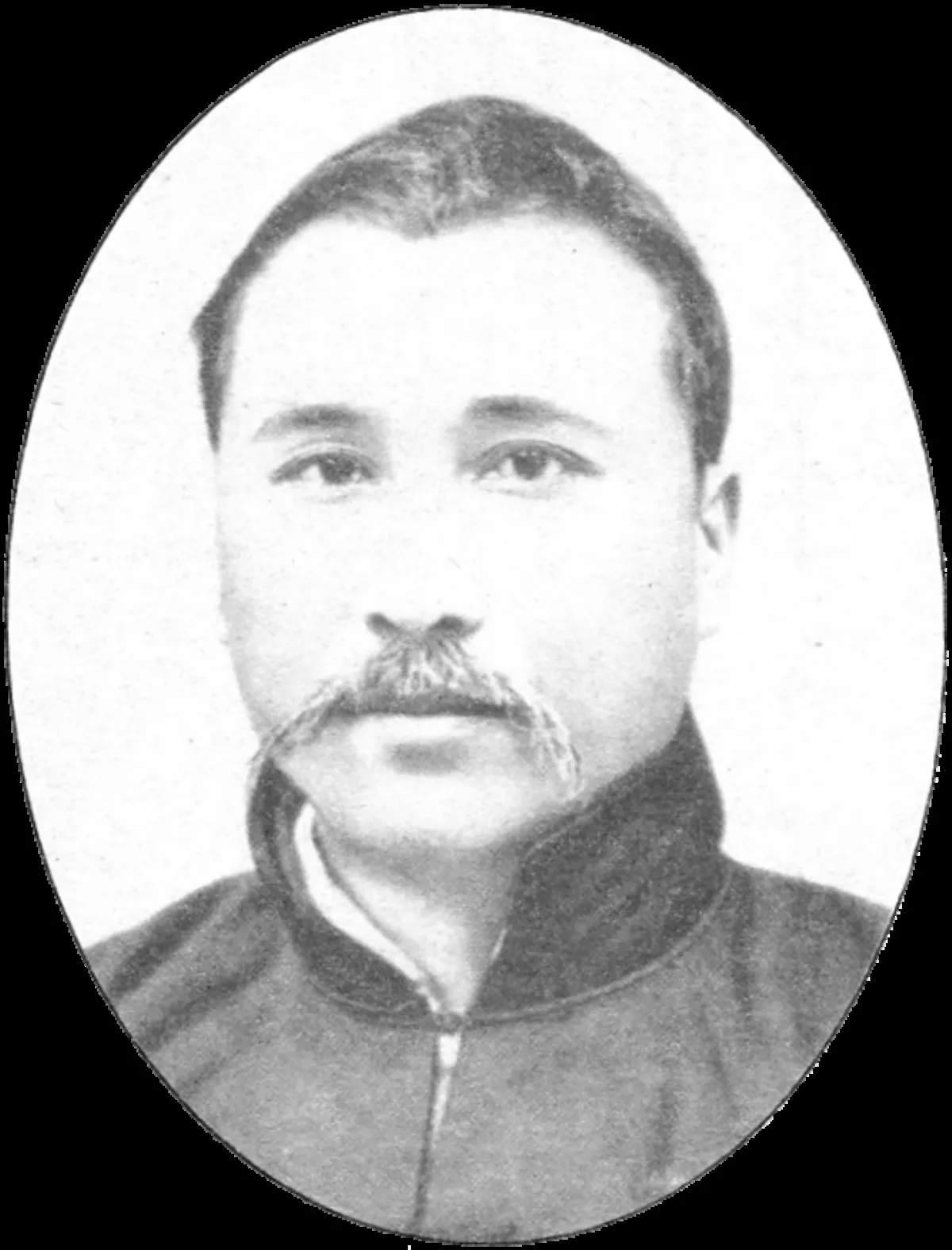 1.
1. Chen Jiongming, spelled Chan Kwing-ming, courtesy name Jingcun, nickname Ayan, was a Chinese lawyer, military general, revolutionary, federalist and politician who was best known as a Hailufeng revolutionary figure in the early period of the Republic of China.